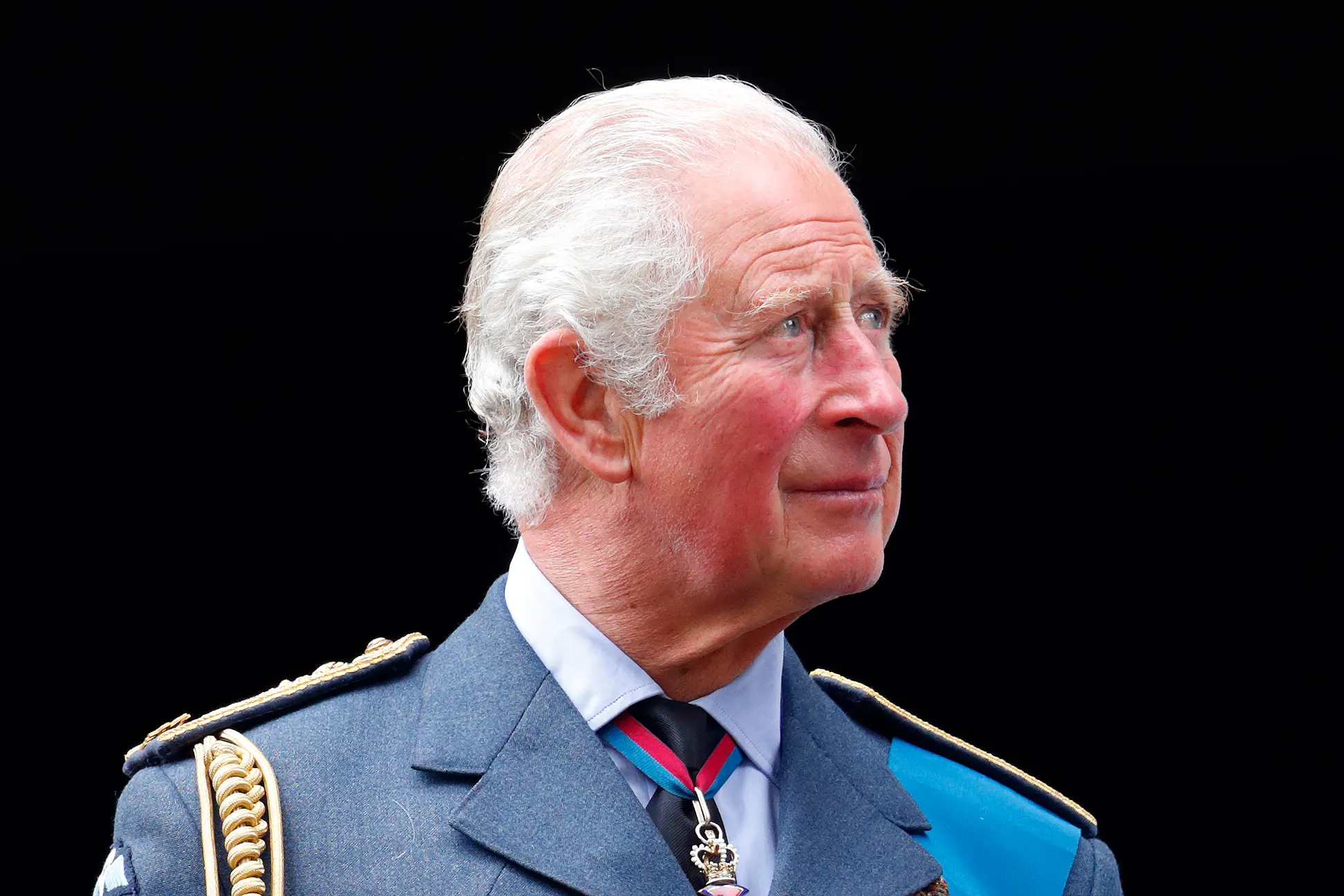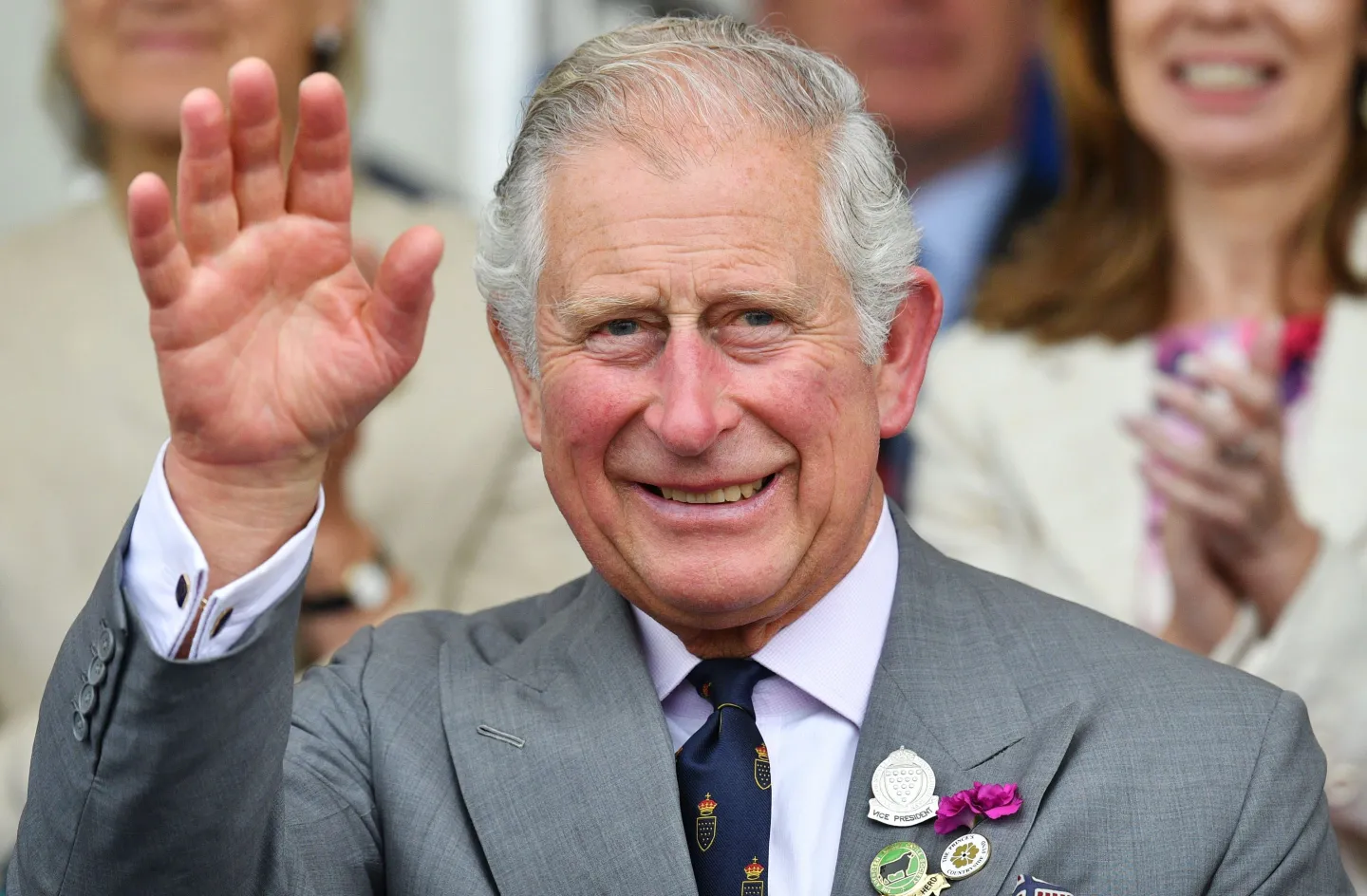Based on what you’ve read, there are differing perspectives on whether King Charles is experiencing a pay cut or a pay increase.
This confusion arises from changes to the Sovereign Grant, the annual funding mechanism supporting the Royal Family in their duties to the King.
Since 2012, the Sovereign Grant’s amount has been tied to the profits generated by the Crown Estate. Although Charles technically “owns” the estate, this ownership is tied to his role as monarch rather than as a private individual, meaning he cannot spend the profits or sell any assets.
The Crown Estate has been surrendering its profits to the Treasury since 1760, and in return, the monarch receives funding from the government.
This year, the Crown Estate generated a significant increase in profit by leasing six new offshore wind farms, which would typically result in increased funding for the Royal Family. However, the amount they will receive from taxpayers will remain the same for the next two years.
After that, the funding is set to increase by nearly £40 million, with expectations that it could rise again in the following year, due to the anticipated continued rise in the estate’s profits.
In his first Christmas message as monarch last year, Charles expressed concern about the cost-of-living crisis. This, combined with recent strikes and financial difficulties faced by many across the UK, has led to increased scrutiny of the Royal Family’s finances.
Yahoo News UK explains why some people are upset about the impending increase in funding for the Royal Family, and exactly how much they are going to receive.
The Sovereign Grant is public money provided by the government to the Royal Family to cover their official duties and maintain the royal palaces. It replaced the previous system, known as the ‘Civil List,’ along with three other grants, in 2012.
The grant is calculated based on the profits of the Crown Estate, with the amount pegged to these annual profits. Initially, it was set at 15% of the estate’s profits, but due to a decade-long phased refurbishment of Buckingham Palace, there has been a temporary increase to 25% in recent years.

This week, it was announced that the percentage the royals receive will be cut to 12% for the next four years. However, the actual amount of money they receive will remain the same at £86.4 million for the next two years.
But as the Crown Estate’s profits are expected to increase, even with a lower percentage at 12%, the monetary value could rise by nearly £40 million in 2025 and 2026.
Although Charles and his family will initially receive the same amount of money as last year, many have portrayed this as a pay cut for the royals in favor of directing more funds to public services. However, in the long term, they are set to receive more taxpayer funding.
The government stated that this change means they have “reduced the proportion of Crown Estate profits used to calculate the Sovereign Grant.”
Graham Smith, the chief executive of the anti-monarchy group Republic, accused the government of “appalling dishonesty.”
“The palace and government are guilty of appalling dishonesty, trying to spin an expected huge funding increase as a cut,” he told.
“How can we add tens of millions of pounds to Charles’s budget when we’re told there must be a cap on child support, when schools are struggling to make ends meet?
“When nurses are fighting for a decent pay rise, Charles digs his hands deeper into our pockets. He should hang his head in shame at this grab for money and the dishonesty of suggesting it’s a cut.”
The Crown Estate’s profits have increased this year due to a £1 billion-per-year series of six offshore wind farm lease deals announced in January.
At that time, a statement was released by Buckingham Palace, revealing that King Charles wanted the extra profits from the wind farms to go toward “the wider public good” rather than increasing the sum the Royal Family receives.
“In view of the offshore energy windfall, the keeper of the privy purse has written to the prime minister and chancellor to share the King’s wish that this windfall be directed for wider public good, rather than to the Sovereign Grant, through an appropriate reduction in the proportion of Crown Estate surplus that funds the Sovereign Grant,” the statement read.
Some criticized the statement, noting that while this may have been Charles’s wish, it is not his decision to make—the prime minister, the keeper of the Privy Purse, and the Chancellor, in their roles as royal trustees of the grant, determine the final amounts.







Leave a Reply